
Lesson 5 Chapter 3 Notes Lesson 5 Chapter 3 3 Workplace Behaviours It’s not
I could to swim when I was nine. (wrong) I could swim when I was nine. ️ (correct) The infinitive can be active. When necessary, it can be passive. For example: The robbers may be caught soon. Your money may be found soon. I think this radio can be repaired. Check modal verbs list down below with exercises and free PDF.
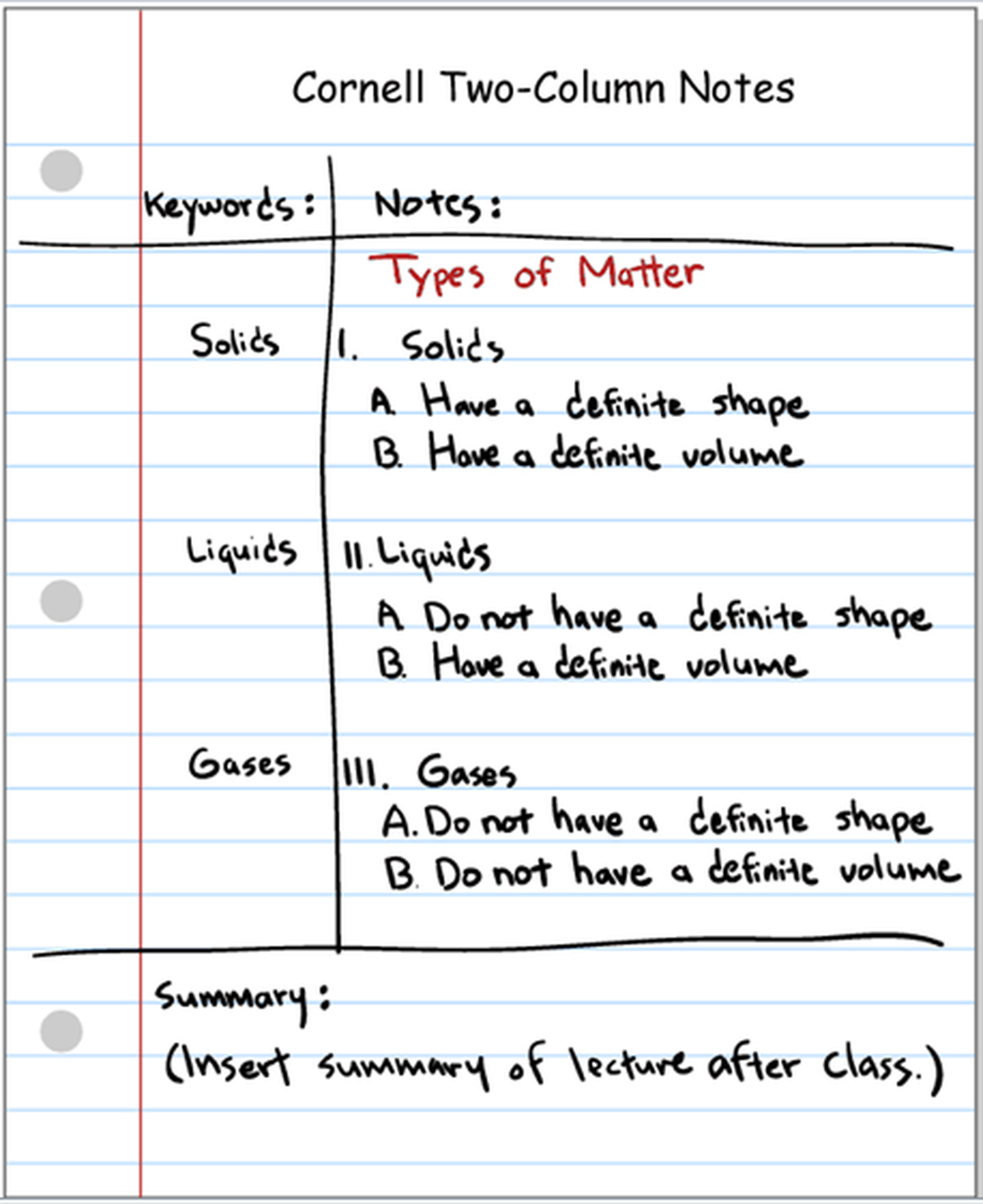
Examples of Cornell Notes MVCA Earth Science
QUIZ: English Modal Verbs Guide. Now, test your knowledge of what you learned in the lesson by trying this quiz. You can get help with some questions if you press 'Hint'. You will get your score at the end, when you can click on 'View Questions' to see all the correct answers. True or false: all modal verbs have more than one meaning. 1.

Grade 11 English Language Model Knowledge Bank Publishers
Modals can be defined as a subset of the English auxiliary verbs and are used to show modality like obligation, and possibility, etc. They don't have an infinitive form or participle which can be used to differentiate them from other verbs along with their neutralization.

English Grammar Handwritten Class Notes Free PDF Download GovtJobNotes
Overview This lesson includes a variety of activities related to note writing that can be incorporated into the classroom throughout the year to promote authentic writing among students. Model note writing in context by taking advantage of opportunities that come up in the classroom both to read actual notes and to think aloud while writing them.
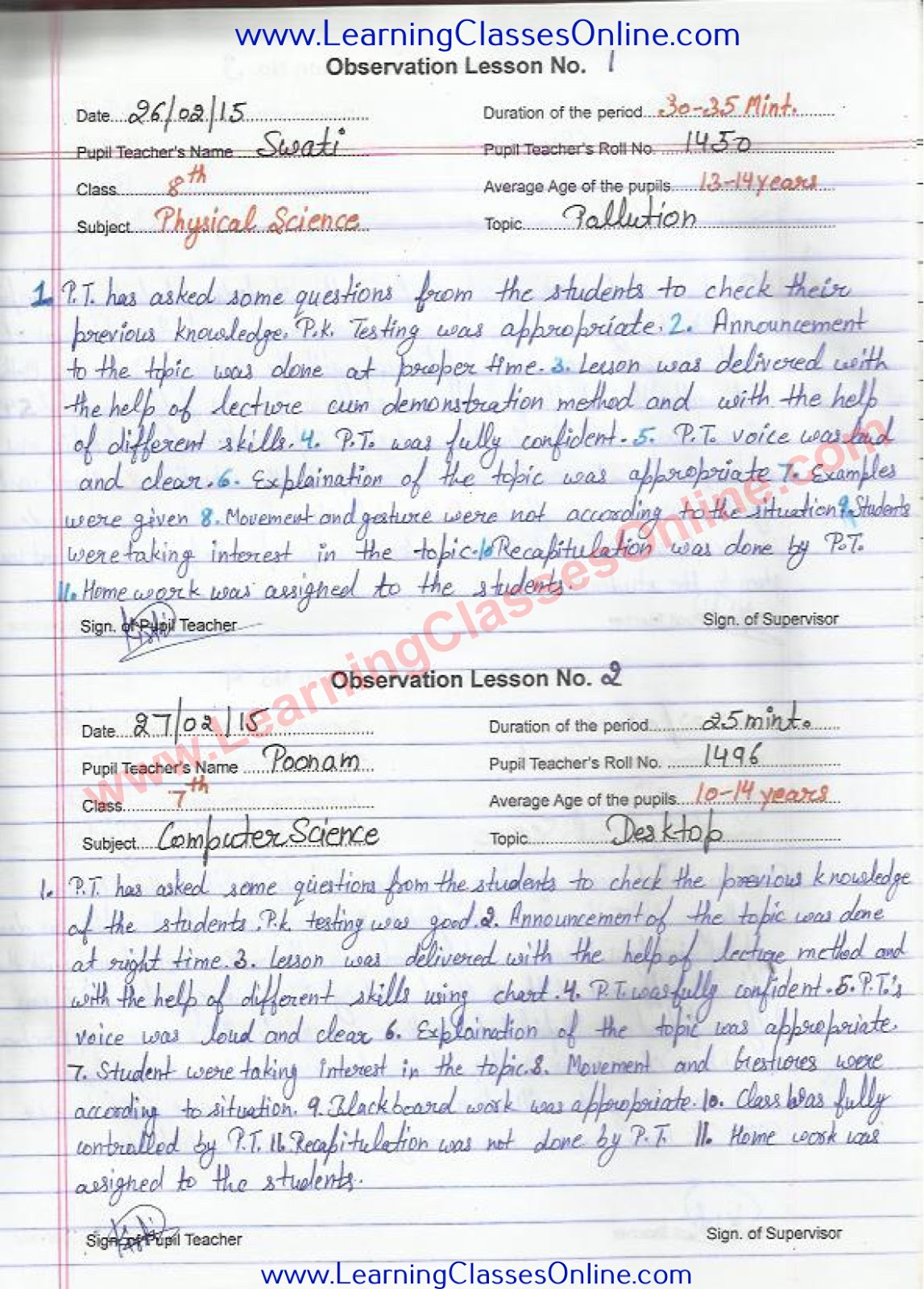
B.Ed Observation Lesson Plans
The modal verbs are: can may must shall will could might should would We use modals to show if we believe something is certain, possible or impossible: My keys must be in the car. It might rain tomorrow. That can't be Peter's coat. It's too small. We also use them to do things like talk about ability, ask permission, and make requests and offers:

Unit 1 Class 9th English Notes Prophet Muhammad (S.A.W) the Model of Tolerance
New educate.iowa.gov Website. The Iowa Department of Education's website is new. Many of our previous documents and pages have new links. Your patience is appreciated. Published on January 8, 2024. ; last updated on January 9, 2024. Use Website Feedback Form for questions/concerns.

Lesson Plan For A Model Lesson English lesson plans, How to plan, Lesson
Instructional programs for English language learners occupy a continuum with the bilingual model at one end and English-only at the other. In between are many gradations, depending on the needs of the population. Table 1 illustrates the range of programs within the continuum of instructional models for English language learners.
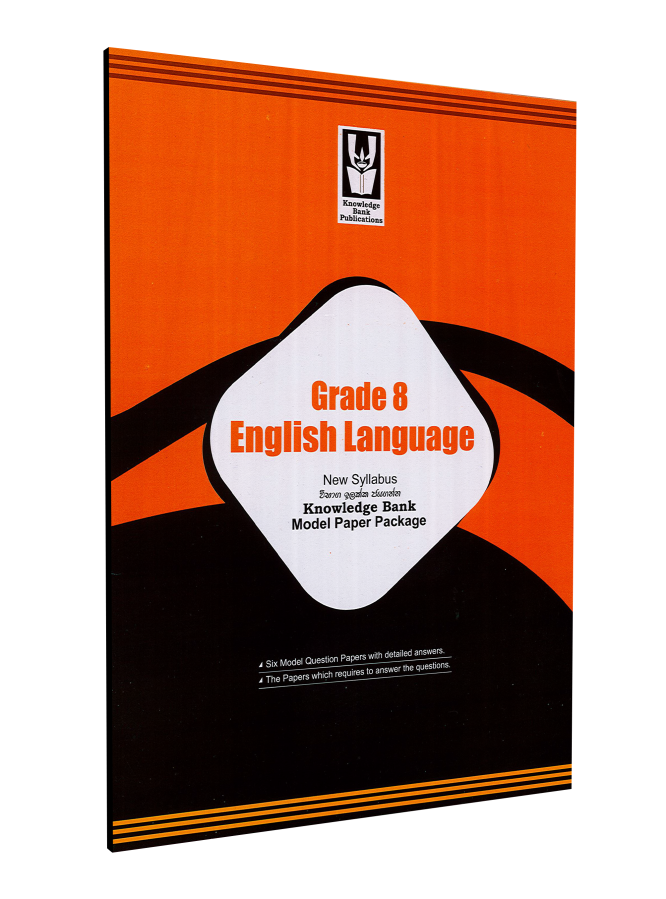
Grade 8 English Language Model Knowledge Bank Publishers
Here's a list of the modal verbs in English: 1: They don't use an 's' for the third person singular. 2: They make questions by inversion ('she can go' becomes 'can she go?'). 3: They are followed directly by the infinitive of another verb (without 'to').

DE lesson 12 Lecture notes LESSON 12 Power series solutions of First and Second order
The modal verbs in English grammar are: can, could, may, might, must, need not, shall/will, should/ought to. They express things like ability, permission, possibility, obligation etc. Modal verbs only have one form. They do not take -s in the simple present and they do not have a past simple or past participle form. However, some modal verbs have

MODEL WORKDONE NOTES OF LESSON WRITING IN TAMIL & ENGLISH & PEDAGOGY ABL RECORDS OF SCHOOLING
Modals (also called modal verbs, modal auxiliary verb s, and modal auxiliaries) are special verbs that behave irregularly in English. They are different from normal verbs like "work, play, visit." They give additional information about the function of the main verb that follows it. They have a great variety of communicative functions.
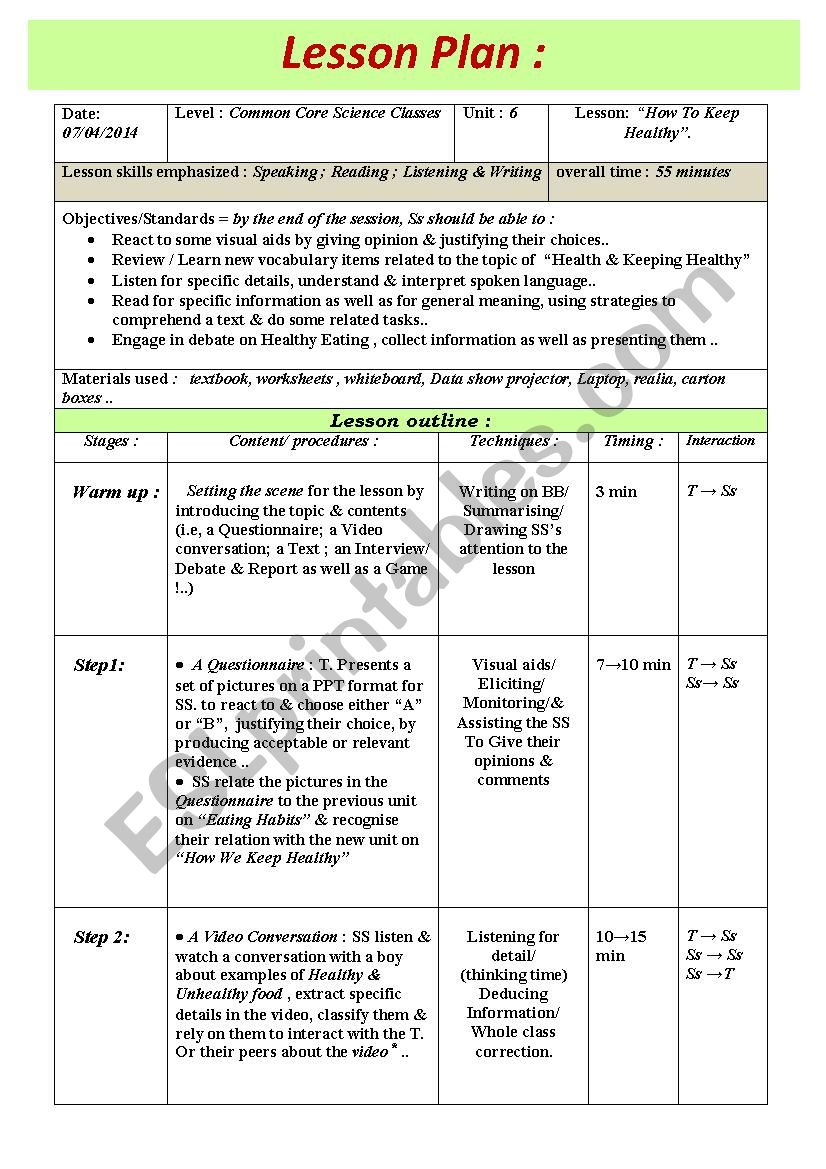
Lesson Plan For A Model Lesson ESL worksheet by medderraz
Teachers use English models in a variety of ways to help students gain a better understanding of different texts in English. The ways English models can be used include: Identifying different types of text. Texts generally have one of three purposes: to entertain, to inform or to persuade. There are numerous different text types within each of.

Intro to ed notes Lesson planning Lesson planning notes 11/17/ Differentiation You need to
There's a class of helper verbs known as modals that we use to express a bunch of conditions: we can use them to give advice, make guesses at how necessary or likely something is, make requests of people, and so on. They're super useful. Questions Tips & Thanks Want to join the conversation? Sort by: Top Voted Azat 7 years ago Hello!

PHIL 14.002 Lesson 1 Notes PHIL 14 Notes Lesson 1 Questions for Reflection o How have our
The following are examples of effective models. 1. Completing the first one in a set as an example: This is the simplest form of modeling, yet we've found that it's not used enough. Click here to see an example. In any kind of exercise in which students are working through multiple examples of the same type of question or problem, it's.

types of noun working model (english) model howtofunda craftpiller Types of nouns, Common
A model is an example of the target language a teacher shows learners to help them notice language patterns, or to encourage them to imitate. This could be a sentence, a model of an intonation pattern, or an entire text, such as an example of a writing genre. Example Learners are looking at different uses of the present perfect continuous.
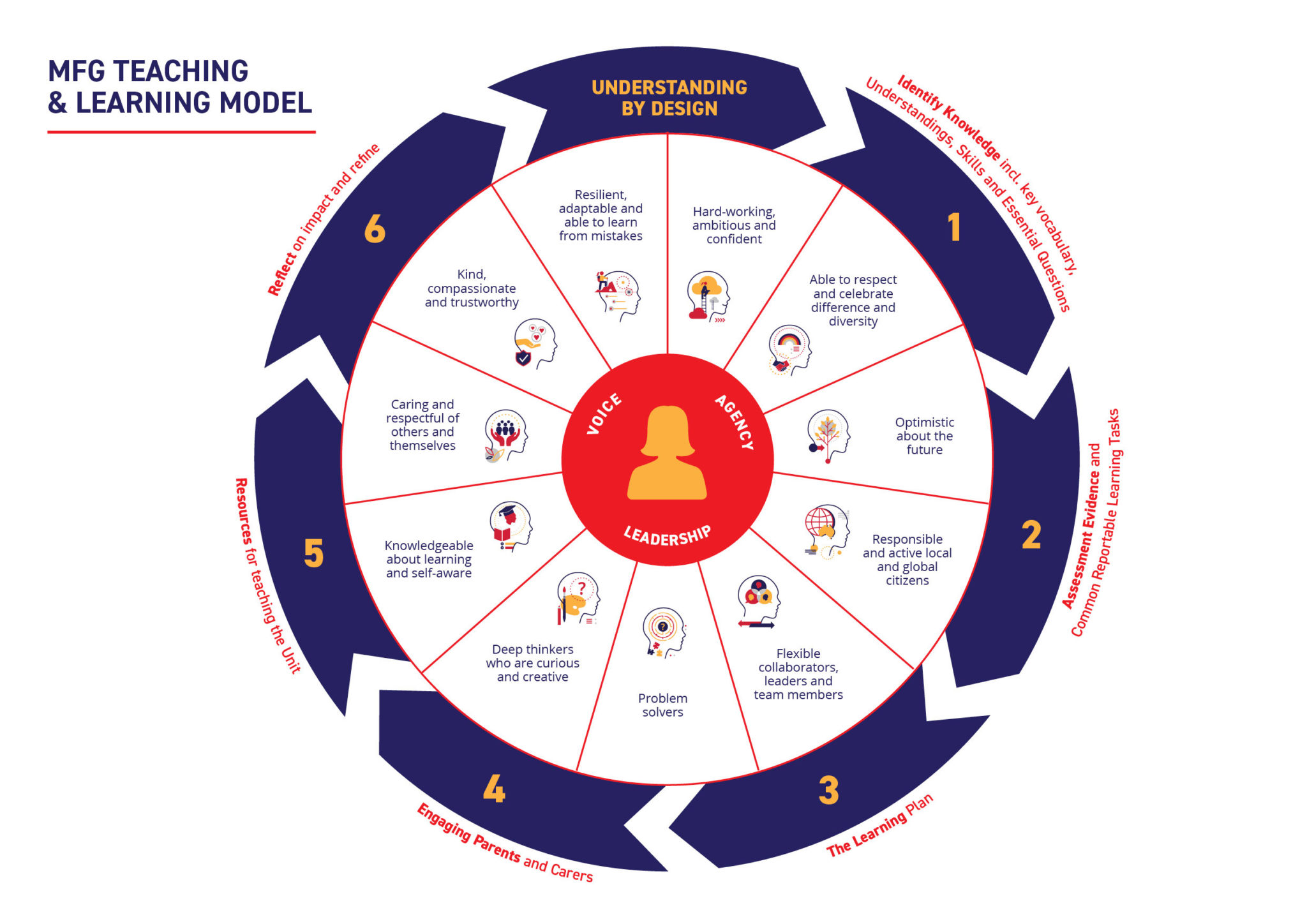
Teaching & Learning Model MFGSC
Modal verbs show possibility, intent, ability, or necessity. Common examples of modal verbs include can, should, and must . Because they're a type of auxiliary verb (helper verb), they're used alongside the infinitive form of the main verb of a sentence. Modal verbs are used to express certain hypothetical conditions, such as advisability.

Lesson 1 Detailed lecture notes LESSON 1 ROLE AND SCOPE OF PRODUCTION MANAGEMENT, CONCEPT
MICRO TEACHING. Microteaching is a scaled-down sample of teaching in which a teacher teaches a small unit to a small group of 5 to 10 pupils for a small period of 5 to 10 minutes. Such a situation offers a helpful setting for a teacher to acquire new teaching skills and to refine old ones.. Passi, B.K. and Lalitha, M.S. (1936): Micro teaching is a training technique, which requires student.